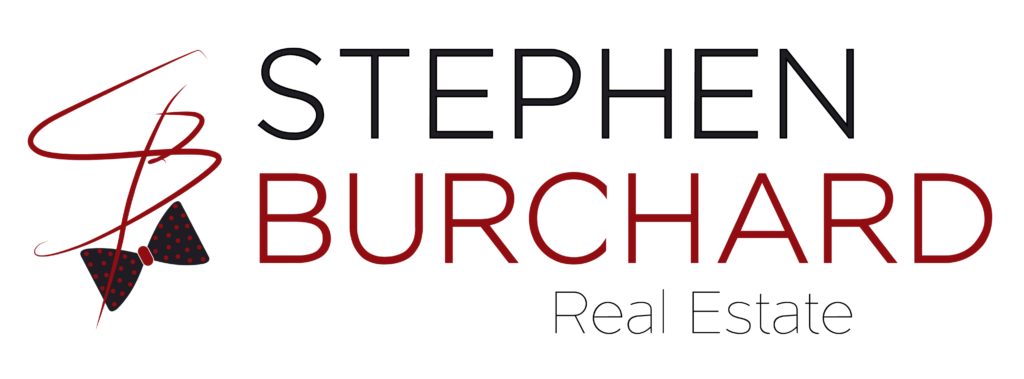I’ve Got More Debt Now, Can I Still Buy a Home?
COVID-19 and the subsequent shutdown has taken a toll on income for many households in the United States and the rest of the world, but does that mean your dream of owning your own home has gone down the drain? Nope! It may take you a little longer to get it done, but homeownership is still possible. It’s all about the numbers.
1. Debt-to-Income Ratio
First, let’s look at your debt-to-income ratio. It’s an easy calculation. You need to look at two things: Your monthly debt and your gross monthly income. Take your total monthly debt and divide it by your gross monthly income. If your monthly debts total $1,000 and your gross monthly income is $4,000, then your debt-to-income ratio is 25%. Get out your calculator and do the math now or use a handy-dandy Debt-to-Income Ratio Calculator here.
How’s it look? Lenders prefer debt-to-income ratios below 43%. If you fit that profile, you’re looking good! If you’re in the 43+ range, consider paying off more debt before you embark on a home search.
2. Down Payment
For years people have believed they need 20% of the purchase price as a down payment. While it’s recommended, it isn’t required. There are mortgage lenders out there who are willing to negotiate with you on your down payment. You may be able to qualify with just a 5% down payment. Twenty percent is still a good idea if you can swing it. The more you put down, the less you will pay overall for your house due to lower interest rates. There’s a lot of wiggle room between 5% and 20% and you may find yourself wiggling into the perfect mortgage for your needs. Try out some different possibilities with an online Down Payment Calculator.
3. Budget
While you have all your monthly bills figured out for your Debt-to-Earnings Ratio, take a good look at them and see where you can cut down. Adding a monthly house payment into the mix is going to change things. So are maintenance costs, insurance, and changes to your utility bills. If you can cut down on your bills now, pay off more of that debt, and have money left for a house payment, you’re a STAR! You don’t want to end up biting off more than you can chew and becoming “house poor.”
Consider other lower-cost options as well, like condo living, to get your foot in the home-ownership door. If your potential mortgage is more than 33% of your income, your income is unstable, or your credit is poor, make homeownership a goal to work towards. This can motivate you to make the spending changes needed to put yourself in a prime location.
According to nerdwallet, The 7 best budget apps for 2021 are:
- Mint, for saving more and spending less
- YNAB and EveryDollar, for zero-based budgeting
- PocketGuard, for a simplified budgeting snapshot
- Clarity Money, for all-inclusive budgeting
- Goodbudget, for shared envelope-budgeting
- Personal Capital, for tracking wealth and spending
4. Practice Paying a Mortgage
Before you actually make the commitment to buy a home, figure out what your monthly mortgage payment is likely to be and practice paying it. Subtract your current rental costs from the imaginary mortgage payment and set the rest aside as if it were spent. Try it for a few months and see if it’s something you can do comfortably. We all like to dream about what we want and in those dreams, everything works like…well, like a dream. You don’t want a new financial reality to come crashing down on your head, giving you an unpleasant wake-up call.
A mortgage is a long-term commitment. If you can’t keep a houseplant alive for more than a week and your longest relationship is with your hairbrush but your finances are in order, believe it or not, buying a home may be just what you need. A space of your own that you can truly make yours. For keeps.
When you decide the time is right to move forward – or if you need coaching to help you get your budget and goals in order, contact me. I’m an expert at taking (k)nots out of real estate.


